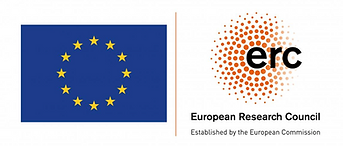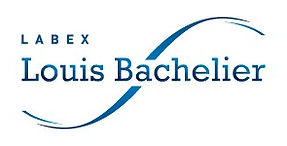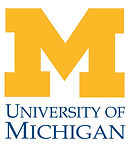
Optimal Transport
Cargese Workshop
Summer 2024 - Cargese, Corsica


Optimal Transport
Cargese Workshop
April 8–12th, 2024
Date: April 8–12th, 2024
Venue: Institute for Scientific Studies of Cargese (Corsica, France)
Optimal transport
Goal of the workshop
With this event we will bring together a mix of researchers from different fields, such as analysis, probability, applied mathematics, economics, machine learning, statistics, and optimization. The goal is to share important advances in optimal transport and its applications, but also to collectively and critically assess recent developments, so as to shape a vision for the future of the field. Through presentations and interactive activities, participants will be invited to criticize research directions and to argue in favor of others. Participants are selected by a scientific committee composed of a diverse combination of established and emerging leaders in the field.
Optimal transport originally refers to the following problem. Suppose that moving some pile of soil has a cost proportional to the mass of the pile and the undergone distance. How to transport a certain total mass of soil from a set of sources to a set of destinations, while minimizing the total cost? The question was first asked formally by Monge in the 1790s. Monge searched the optimal assignment of a destination to each source, and observed surprising geometric aspects of the problem. The problem was rediscovered by the economist Kantorovich, who pioneered linear optimization in the 1930s and generalized the Monge problem through the representation of the mass at the source and at the destination by probability distributions. The Kantorovich formulation proved powerful and spawned a vast number of research questions. The work of Brenier, Gangbo, and McCann in the 1990’s revived the topic, and strong connections were progressively found with central questions in mathematics, such as in dynamical systems, fluid mechanics, partial differential equations, and probability theory. Meanwhile, efforts to solve the optimization problem numerically led to a variety of computational advances and applications in econometrics, statistics, machine learning, vision, and genomics.







Alfred Galichon acknowledges funding from the European Research Council (ERC) under the European Union’s Horizon 2020 research and innovation programme (Grant agreement No.866274).
Filippo Santambrogio acknowledges funding from the Institut Universitaire de France (IUF).
Soutien apporté par l'ANR au titre du Labex Louis Bachelier.